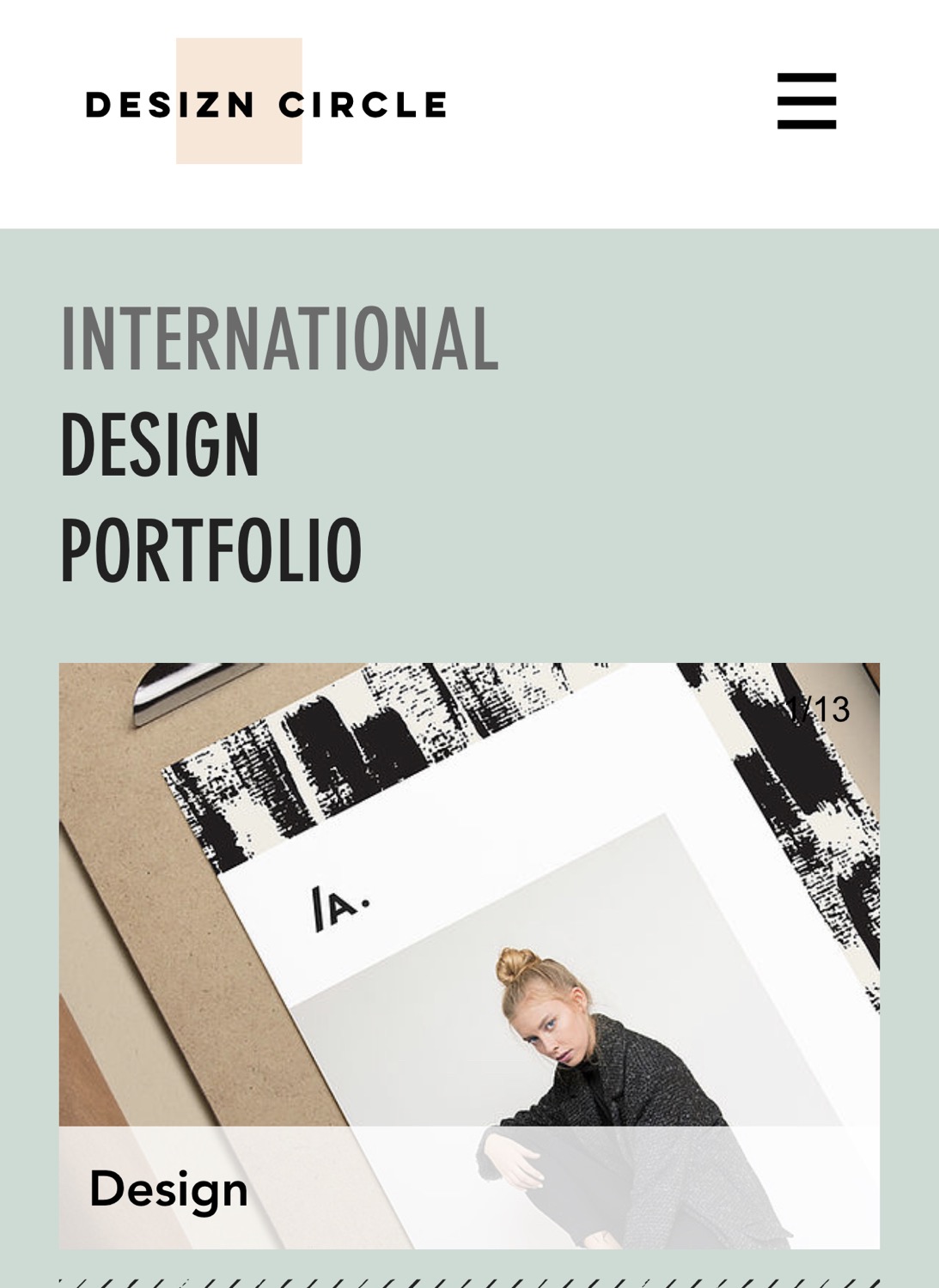A Heartfelt Thank You to Savannah College of Art and Design, USA for an Inspiring Session with Desizn Circle International
- desizn circle International

- Nov 2, 2025
- 2 min read
Thank you, Pallavi Bhatnagar — from Savannah College of Art and Design (SCAD, USA) — for an inspiring, insightful, and deeply energizing counselling session with the students of Desizn Circle International.

Your warmth, clarity, and generous mentorship helped transform a routine academic interaction into a moment of genuine awakening for our aspiring designers. You brought not just information about global design education, but also perspective: how to think, how to build, and how to move from intent to impact with integrity.
From the very first minutes, our students felt seen and heard. You were attentive to their questions and remarkably candid about the realities of building a strong design pathway. The conversation moved fluidly across creativity, portfolio building, research habits, interdisciplinary exploration, and career readiness—each topic grounded in the kinds of specifics that students can act on immediately. It was a pleasure to witness the room come alive with curious, confident voices and thoughtful follow-ups, and to see our young designers leave with new tools, clearer priorities, and a renewed sense of purpose.
Why This Session Mattered
At Desizn Circle International, we believe design education is more than learning software or producing aesthetically pleasing work. It is a disciplined way of seeing the world—of noticing problems and possibilities, of testing hypotheses through making, and of communicating value with empathy and precision. Your session affirmed this philosophy. You highlighted how a portfolio is not a gallery of outcomes but the story of a designer’s thinking: how problems are framed, how ideas evolve, how choices are justified, and how feedback refines the final result.
Just as important, you encouraged students to be honest about their context. Many of our learners come from diverse academic backgrounds, different cities, varied mediums, and unique lived experiences. You urged them to build on that diversity: to bring cultural intelligence, local material knowledge, and community engagement into their work. In doing so, you helped students realize that “global” is not about distance—it’s about relevance, rigor, and responsibility.

































Comments